This week, the Humane Society of the United States (HSUS) released an undercover investigation identifying a handful of California retailers openly skirting the law by selling new fur products.
Assemblymember Laura Friedman authored Assembly Bill 44, which passed in 2019 and makes it illegal to manufacture or sell a new animal fur product in California both through brick-and-mortar and online sales. The law went into effect on January 1st, 2023. The timeline gave retailers more than three years to stop selling prohibited fur products. Penalties for violating the law range from $500-1,000 per violation and each item sold is treated as a separate violation.
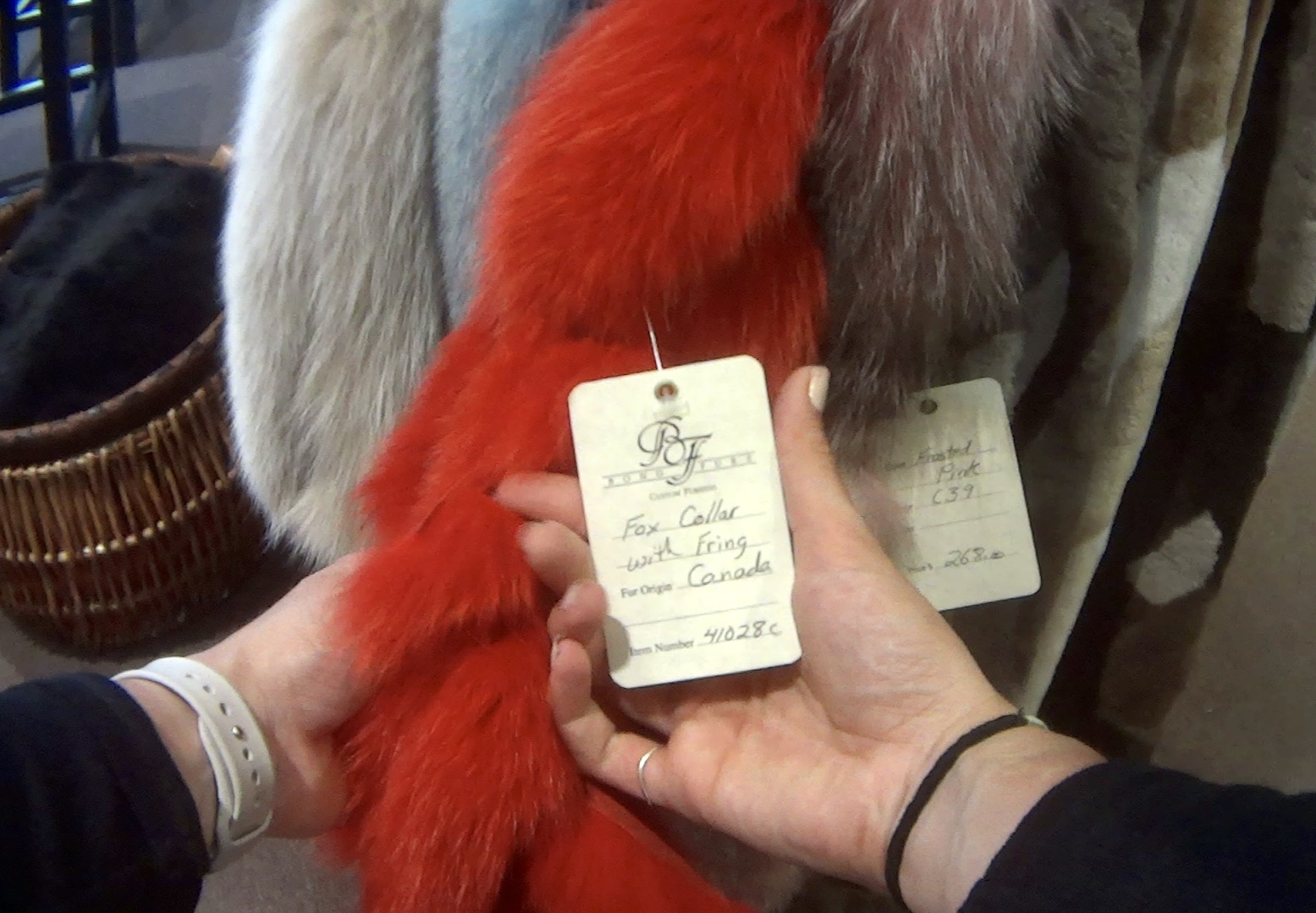
In August and September of 2023, an HSUS investigator visited over 25 retailers throughout California to determine if they were complying with AB 44. While many retailers that were investigated were upholding the law, there were a handful of others displaying and offering illegal fur for sale. Multiple retailers explained to the investigator that they understood that they couldn’t sell new fur because of California’s law, but that they would continue to sell it anyways.
At the Beverly Hills location of fashion brand Philipp Plein, founded by a German fashion designer whose namesake brand is based in Switzerland, an employee initially said the fur lining the hood of a jacket was not real—noting California’s prohibition on fur sales—but later told the investigator that the fur was, in fact, real raccoon fur. In explaining why the store was selling new fur despite being aware of the law, the store employee stated, “When you have real big fur, you cannot sell, but when it’s a small piece like this, they do.”
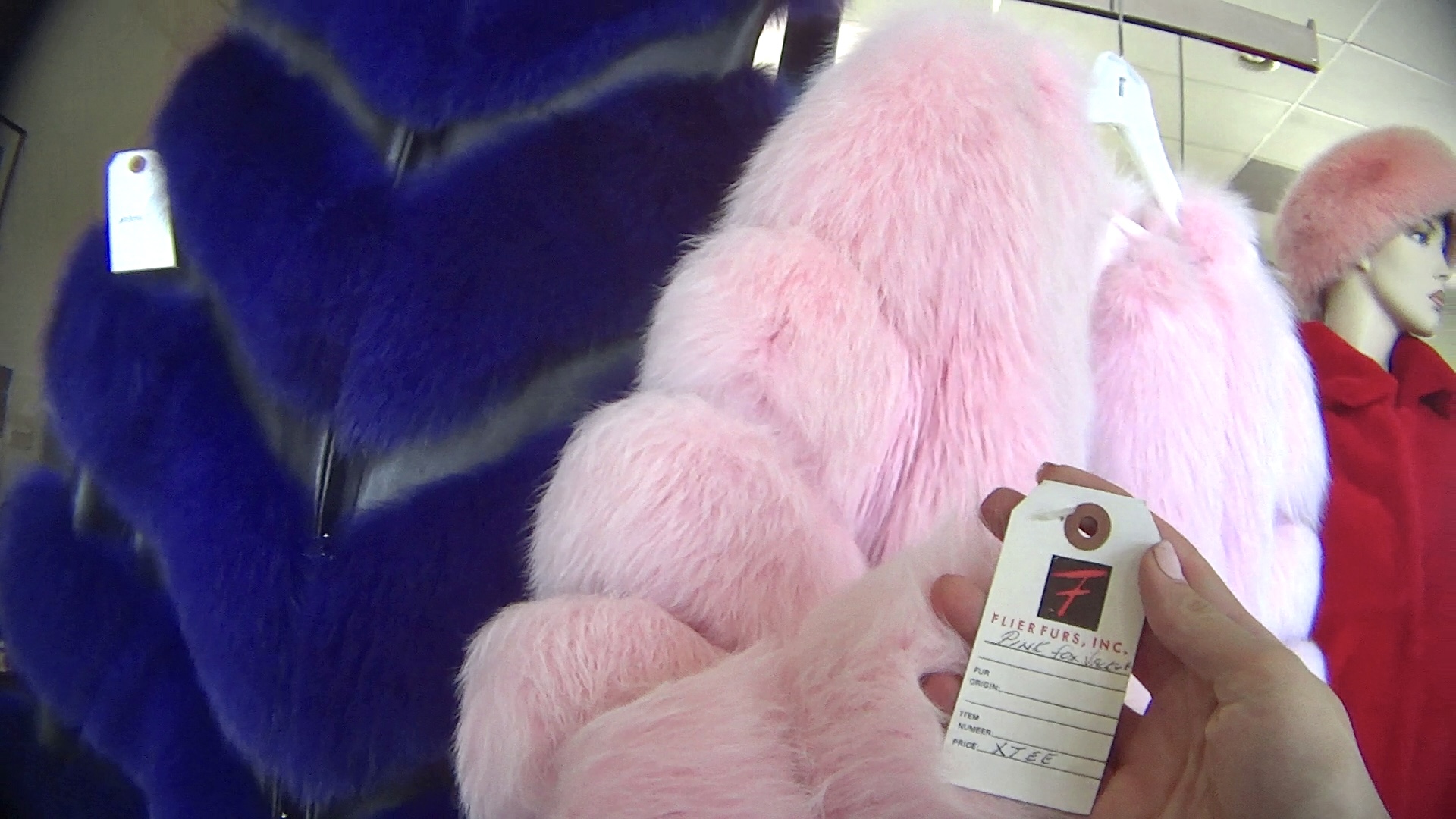
HSUS is working with the California Department of Fish and Wildlife to ensure that retailers take the law seriously and help instill confidence among California’s consumers. California residents have overwhelmingly not wanted to contribute to the cruel and unnecessary fur trade. A 2018 poll found that 71% of Californians supported a ban on fur sales.
“Every year, 100 million animals are bred into captivity, only to live short, cruel lives that end in their abrupt slaughter and skinning for fur. That cruelty flies in the face of California’s environmental ideals and stewardship. Ending the sale of new fur products in California was a historic achievement to which California remains committed. No garment is worth the cost of cruelty to animals,” Assemblymember Friedman.
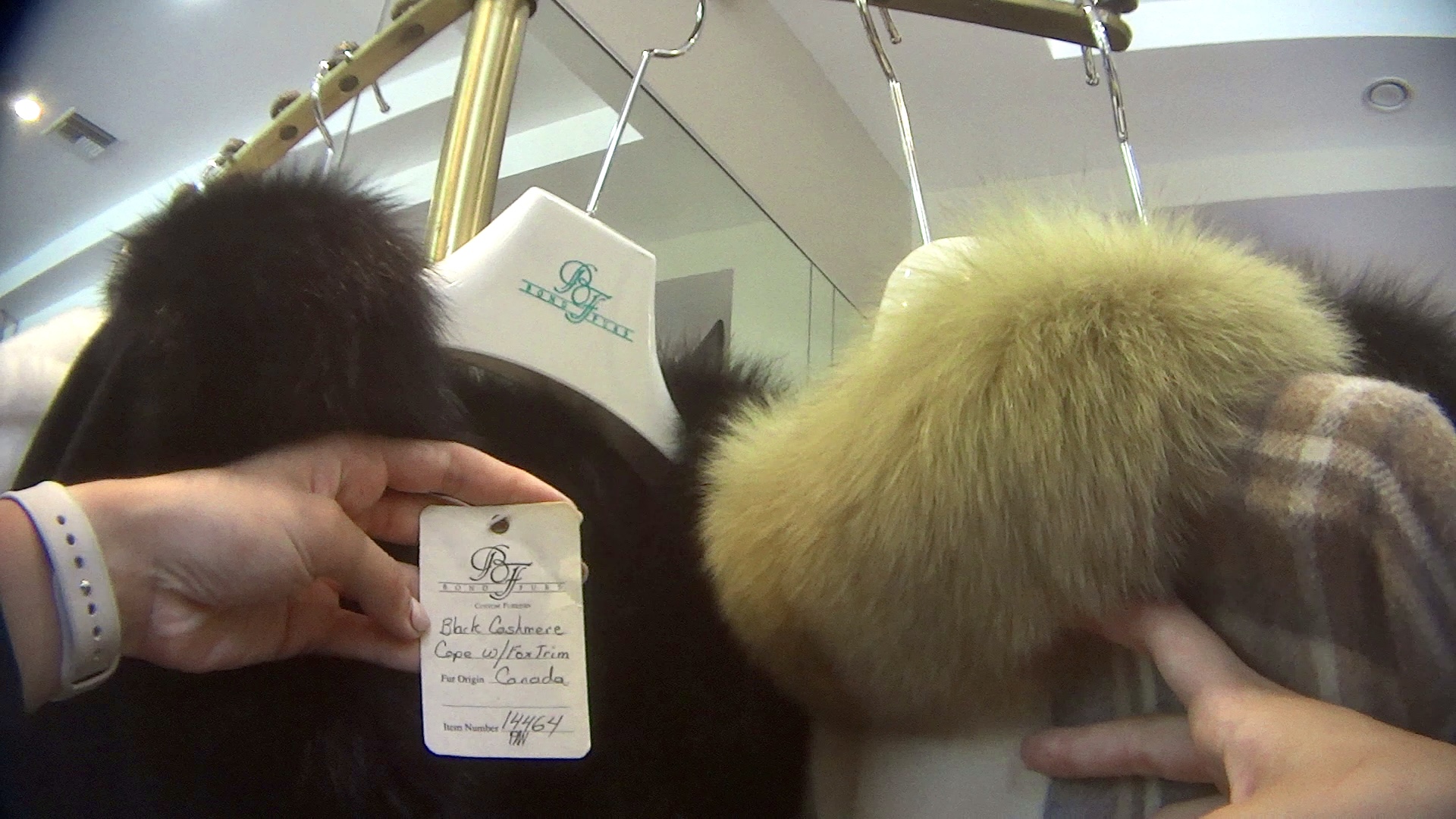
According to federal data, California had the highest fur sales in the country making up nearly a quarter of all U.S. fur sales. Prior to California passing AB 44, Los Angeles, San Francisco, Berkeley, and West Hollywood passed similar bans on the sale of fur. Today, an additional 10 communities across the country have also enacted fur sale bans and many more are currently considering similar bans. Israel became the first country to ban fur sales in 2021.
Many of fashion’s biggest names have gone fur-free following the passage of the fur prohibition in California, including Canada Goose, Dolce & Gabbana, Oscar de la Renta, Saint Laurent, Valentino, Alexander McQueen, Balenciaga, Saks Fifth Avenue, and Neiman Marcus Group – which announced its commitment in 2021 and completed its journey as the California law went into effect. Most fashion brands have switched to animal-friendly alternatives that are better for the environment or forego the fur-look completely.
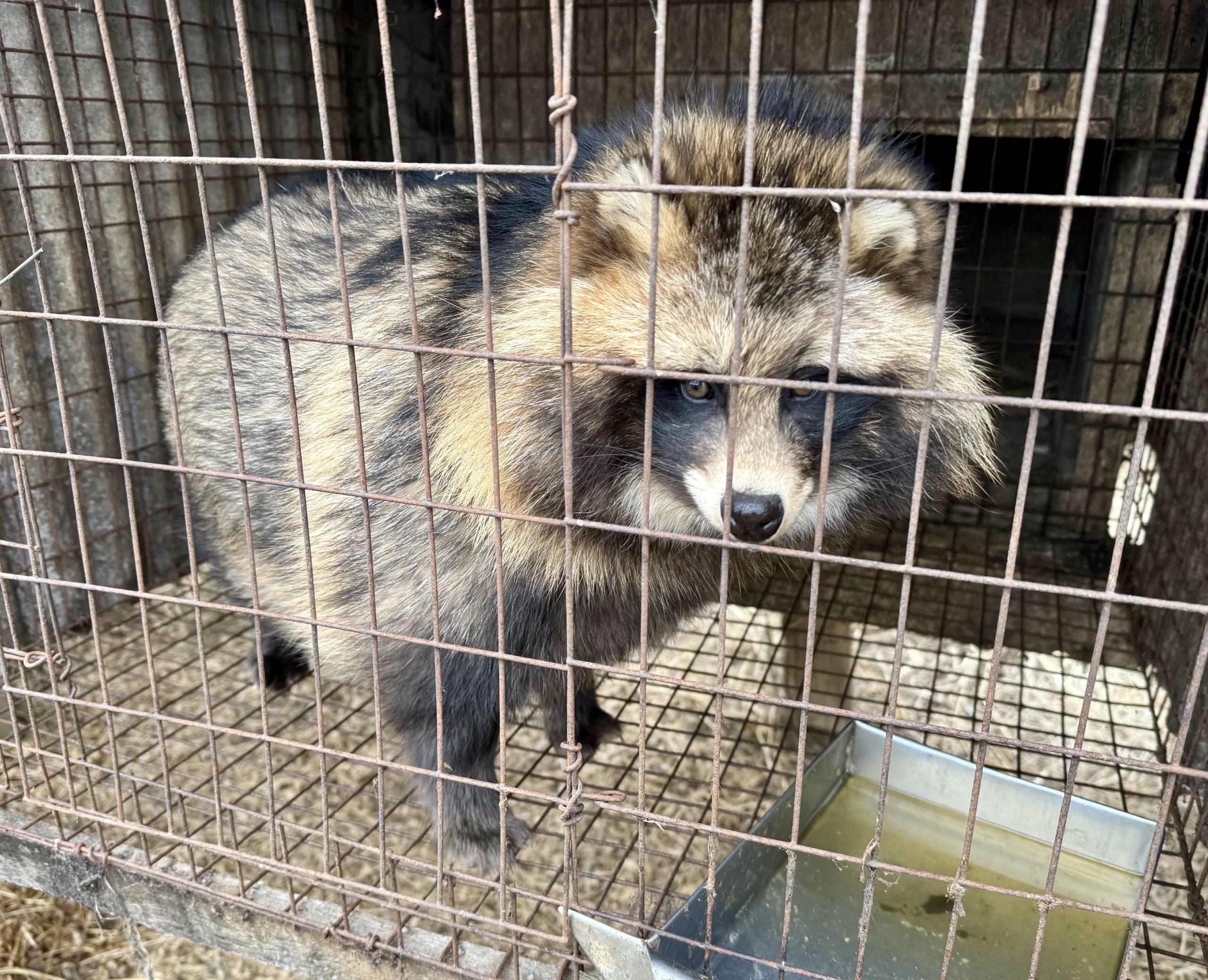
“The fur trade is declining around the globe as corporate and public policy aligns with the values of the public. Investigations at fur farms have shown there is simply no way to confine wild animals in small cages for their entire lives and expect anything but cruelty. Innovative alternatives to fur that are animal-free and plastic-free are available, making animal fur obsolete. The end of the fur trade is in sight, and for the animals’ sake, that day can’t come soon enough,” said PJ Smith, director of fashion policy for HSUS.
Earlier this month, Humane Society International released footage from fur factory farms in China showing raccoon dogs and mink exhibiting repetitive, stereotypical behavior associated with mental decline since the simplest of natural behaviors like running, swimming, and digging are denied to them. To keep costs low and not damage the pelts, these animals are electrocuted or beaten to death. The fur from one of the products sold at Furs By Lafayette on Santee Street in Los Angeles was manufactured in China.
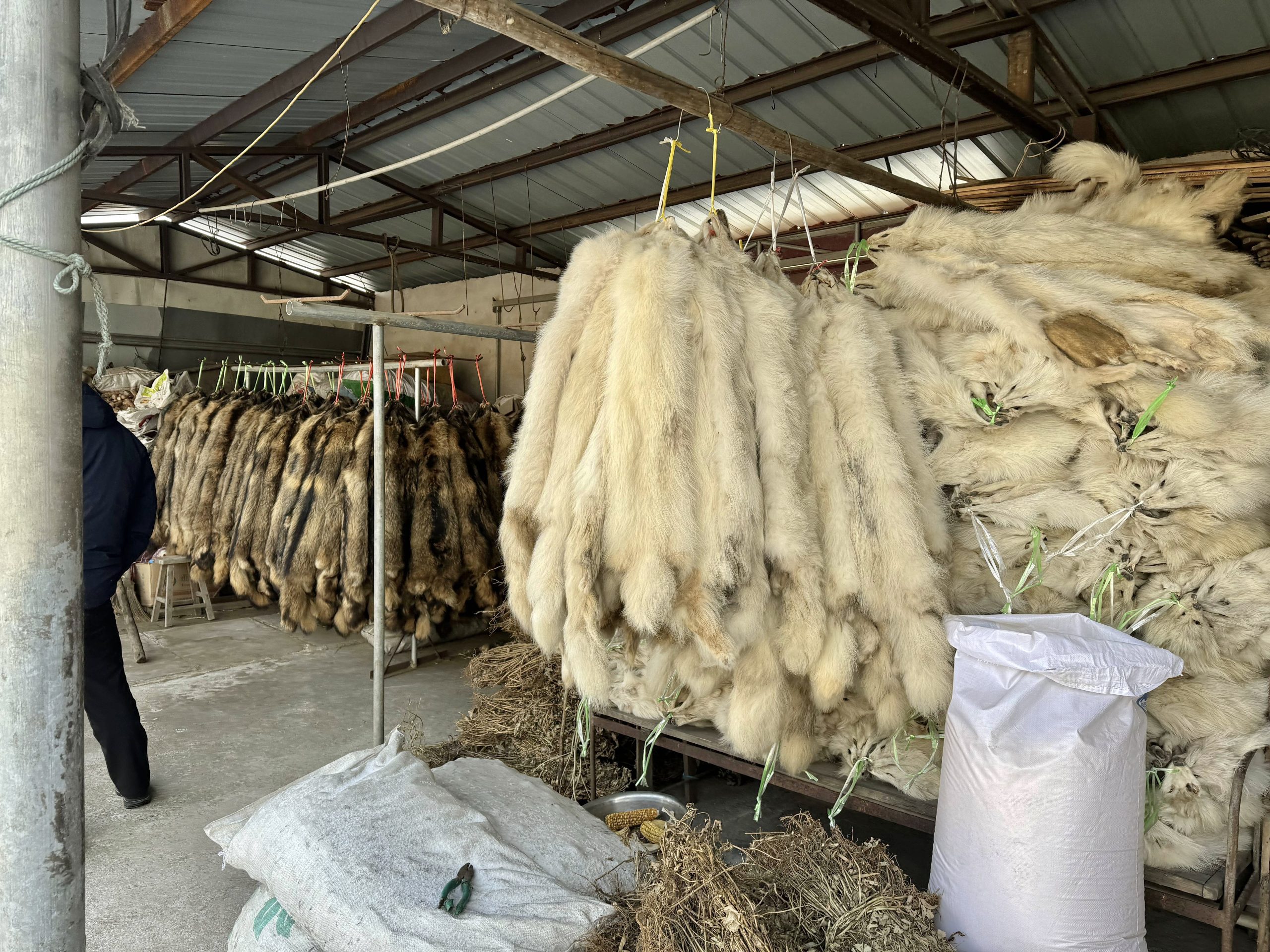
While China is still the largest fur producing country in the world, the consumer shift away from fur due to animal welfare and environmental concerns has led to a 50% decline in U.S. fur production from 2022 to 2023 and a decline of almost 90% during the period of 2014 to 2023, according to industry data. This decline is in line as fur production diminishes globally.





